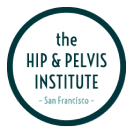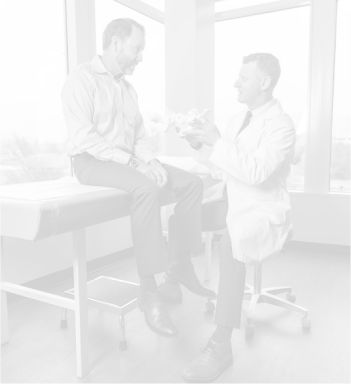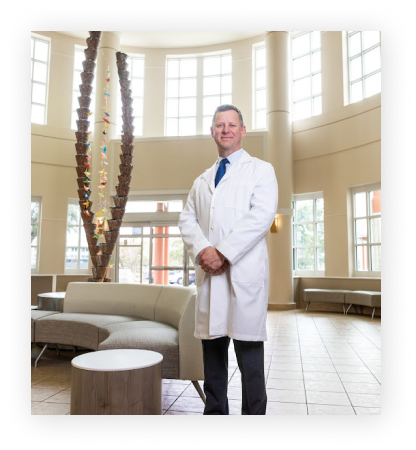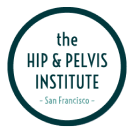A lot of people have some trepidation when they go see a surgeon, so having an understanding of the workflow from the outset is important.
INITIAL CONSULTATION
The objective of this visit is to hopefully identify the cause of your hip problem and to figure out the next step.
This usually means that we ask you to bring in pretty much every study you’ve ever had done on your hips. We’ll often request recent images if your current X-rays are more than three months old – that’s because the differences you can see over a three-month period can affect diagnosis.
We’ll then discuss the history of your hip problem and any relevant health issues or medical conditions, how long they have been going on, and how bad they are. We’ll talk about what has worked in the past – and explore options for treatment.
We’ll also conduct a comprehensive physical exam to assess factors such as your range of motion and strength.
This information is usually enough for us to get to what we call a differential diagnosis – this essentially identifies the most likely causes of your problem. Then, we plan the next step – which might require further tests, or we move straight to a treatment plan.
DEFINING A TREATMENT PLAN
If the problem is straightforward, for example, if we are dealing with hip osteoarthritis, the next step is to propose treatment. This might be surgical or non-surgical. If you haven’t yet tried non-surgical options, we often recommend starting there.
Then there’s the surgical side. If you decide to move forward with surgery, this is when I hand your chart over to my teammates starting with my surgery scheduler – who will get you scheduled and will help with authorizations, and make sure that we’re doing this in a cost-effective manner for you.
You’ll also meet our surgical care coordinator who’s going to make sure that we’re doing everything we can as safely as possible – she’ll work with you to identify and reduce any of the modifiable risks that we will encounter on the surgery side.
THE PRE-OPERATIVE VISIT
Generally, we’ll see you one more time prior to proceeding with surgery – this pre-op visit is an opportunity to review any additional questions or concerns that might have come up in the pre-surgical tests and we’ll discuss the game plan for the day of surgery.
This is also when we review your history and surgical clearance, talk about what the day of surgery looks like, prescribe post-op medications, share disabled placard applications and plan physical therapy.
The next visit is essentially the surgical visit.
FOLLOW UP CARE – 90 DAYS AFTER SURGERY
After that, we’re into follow-up care. This might be in a hospital or surgery center environment but more commonly this is handled in our outpatient clinic. This period lasts 90 days – essentially until we know that your recovery is stable.








